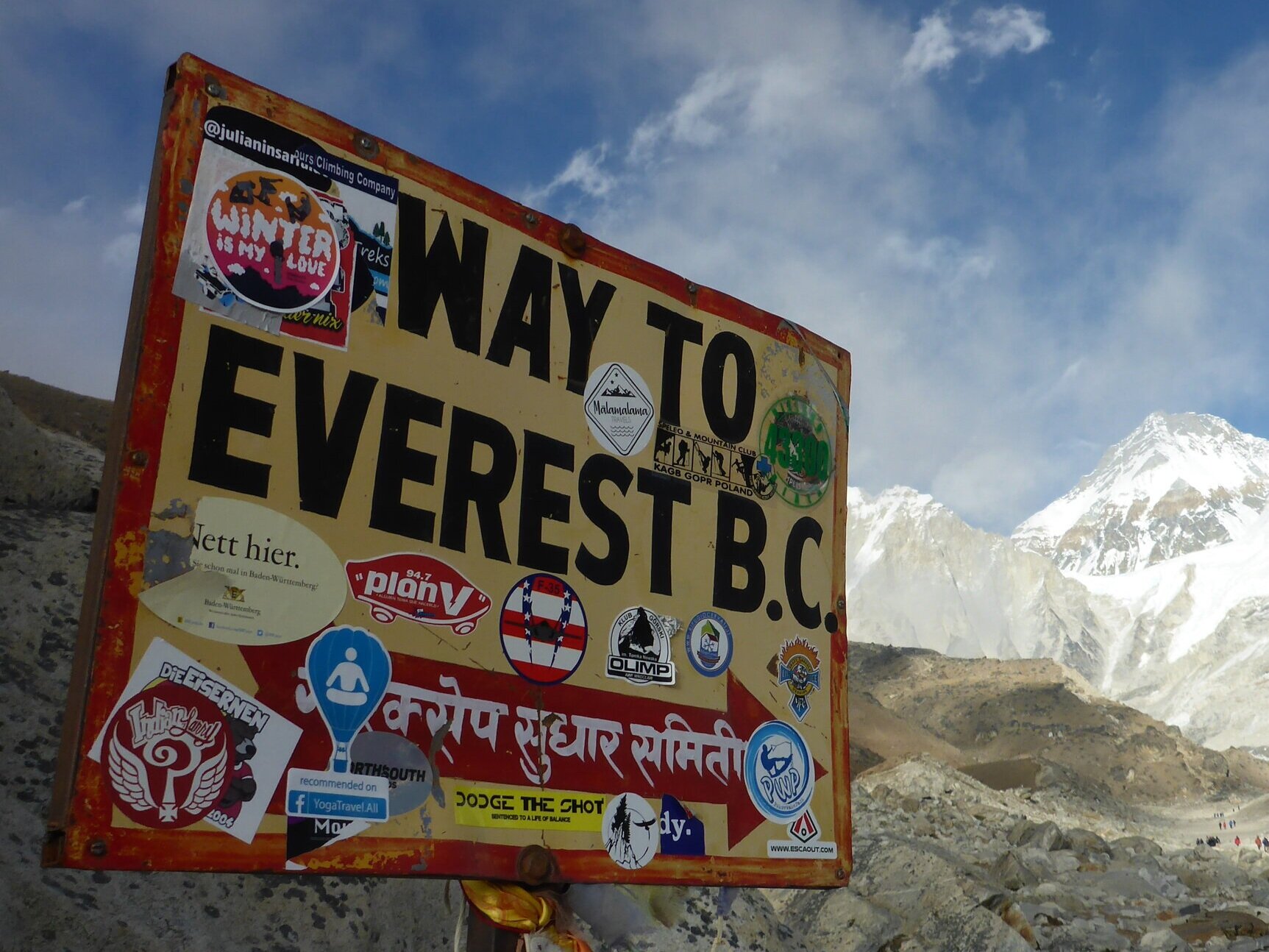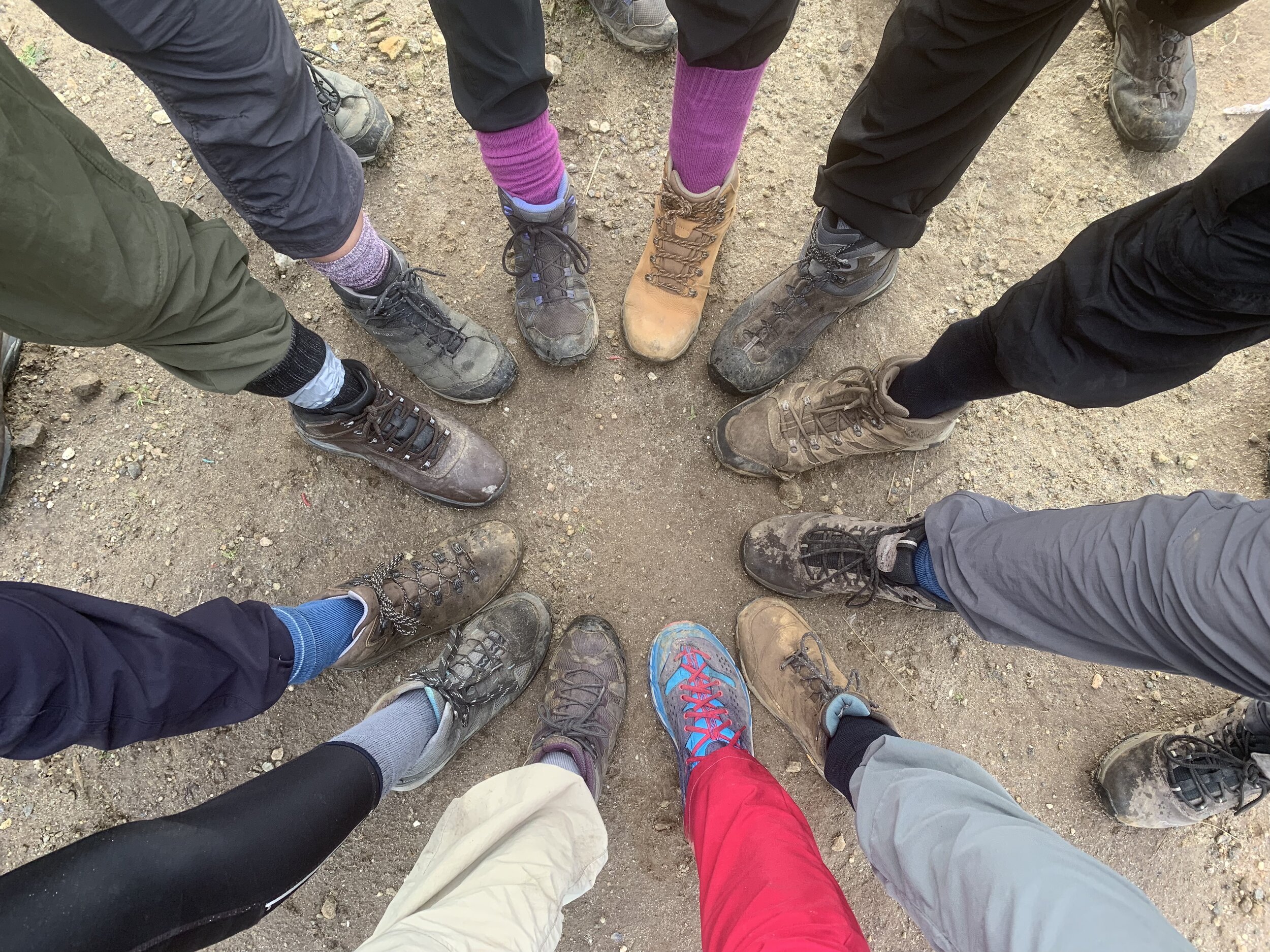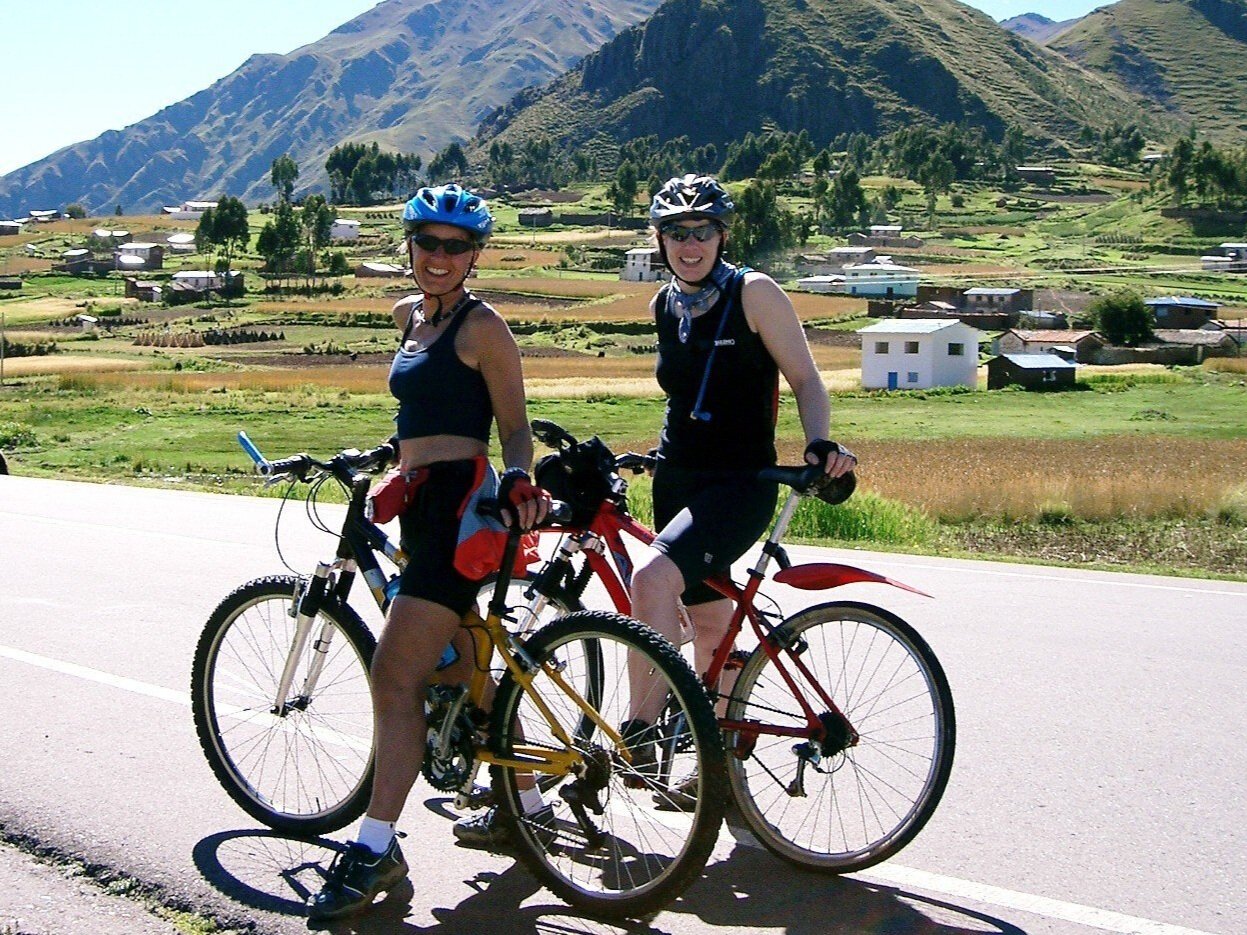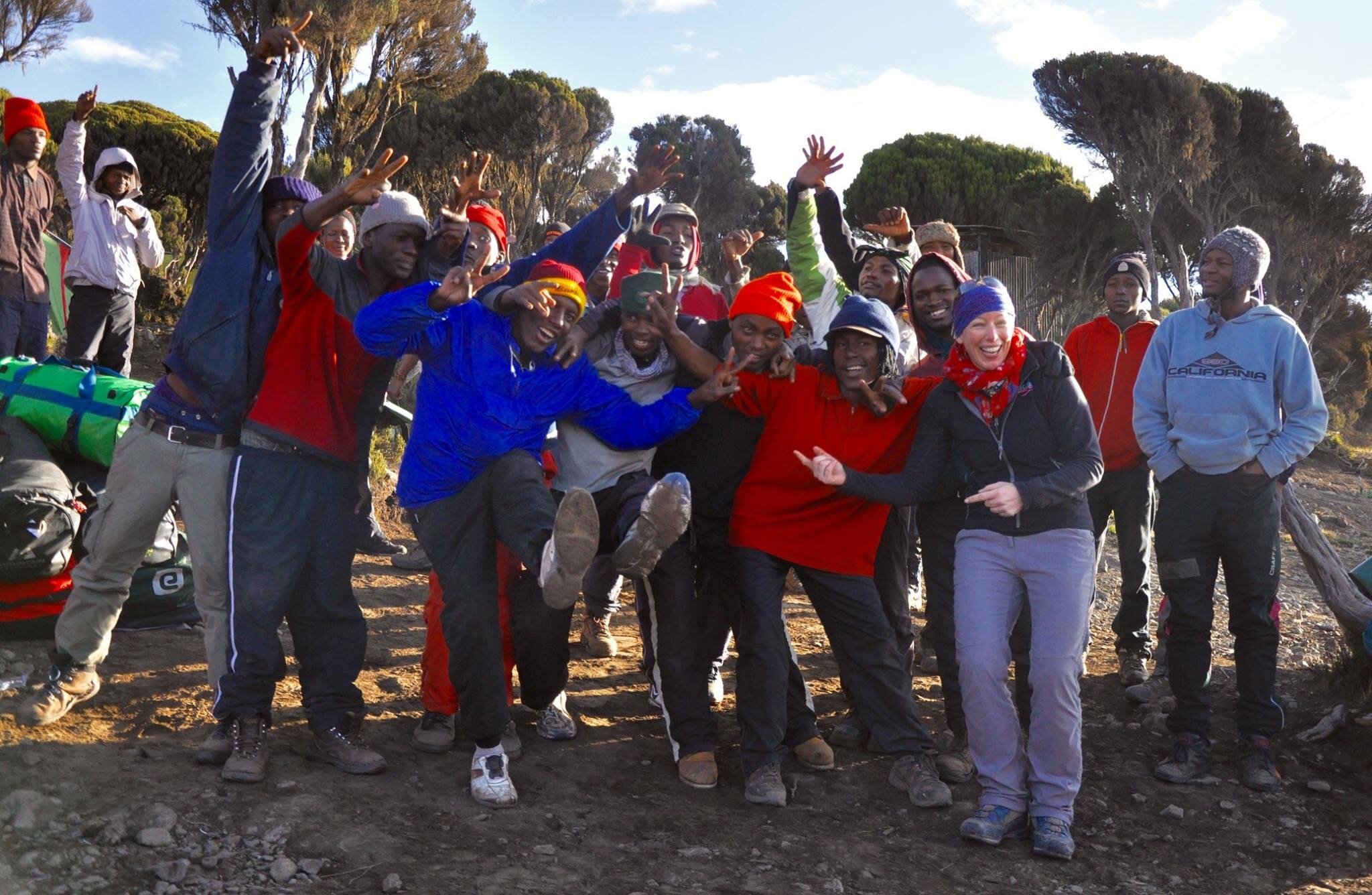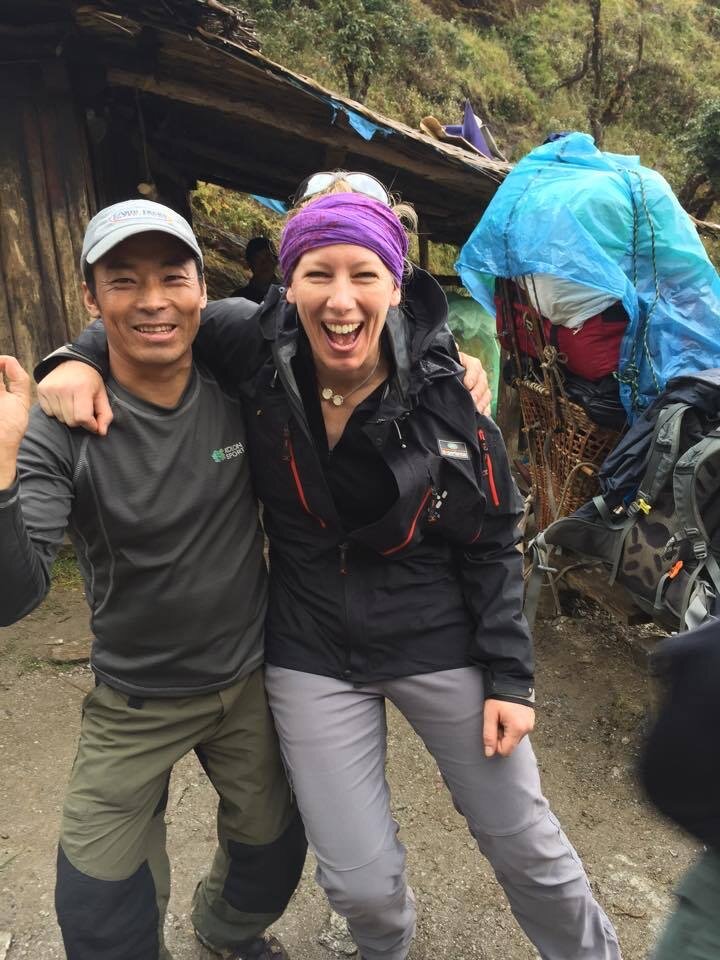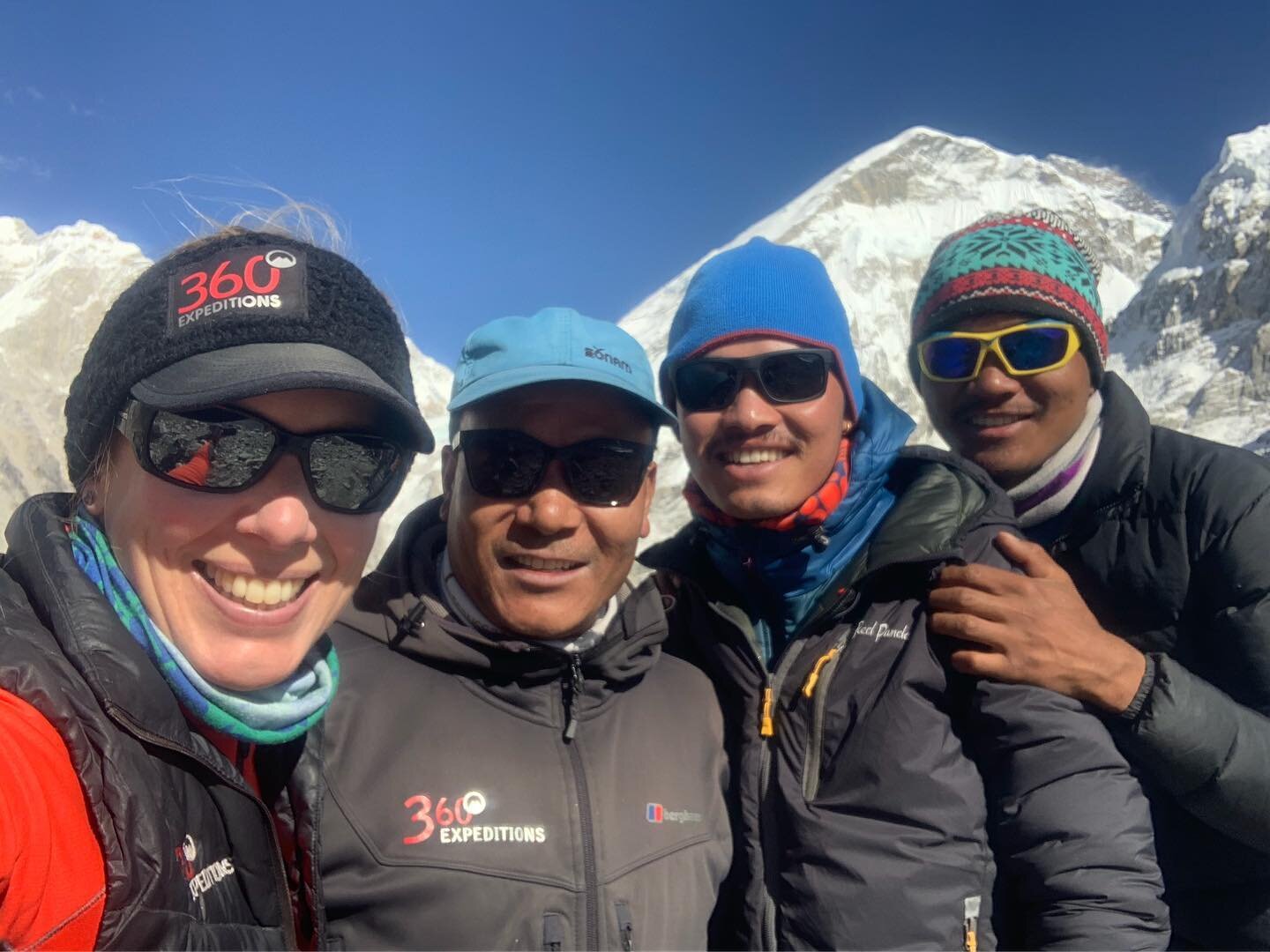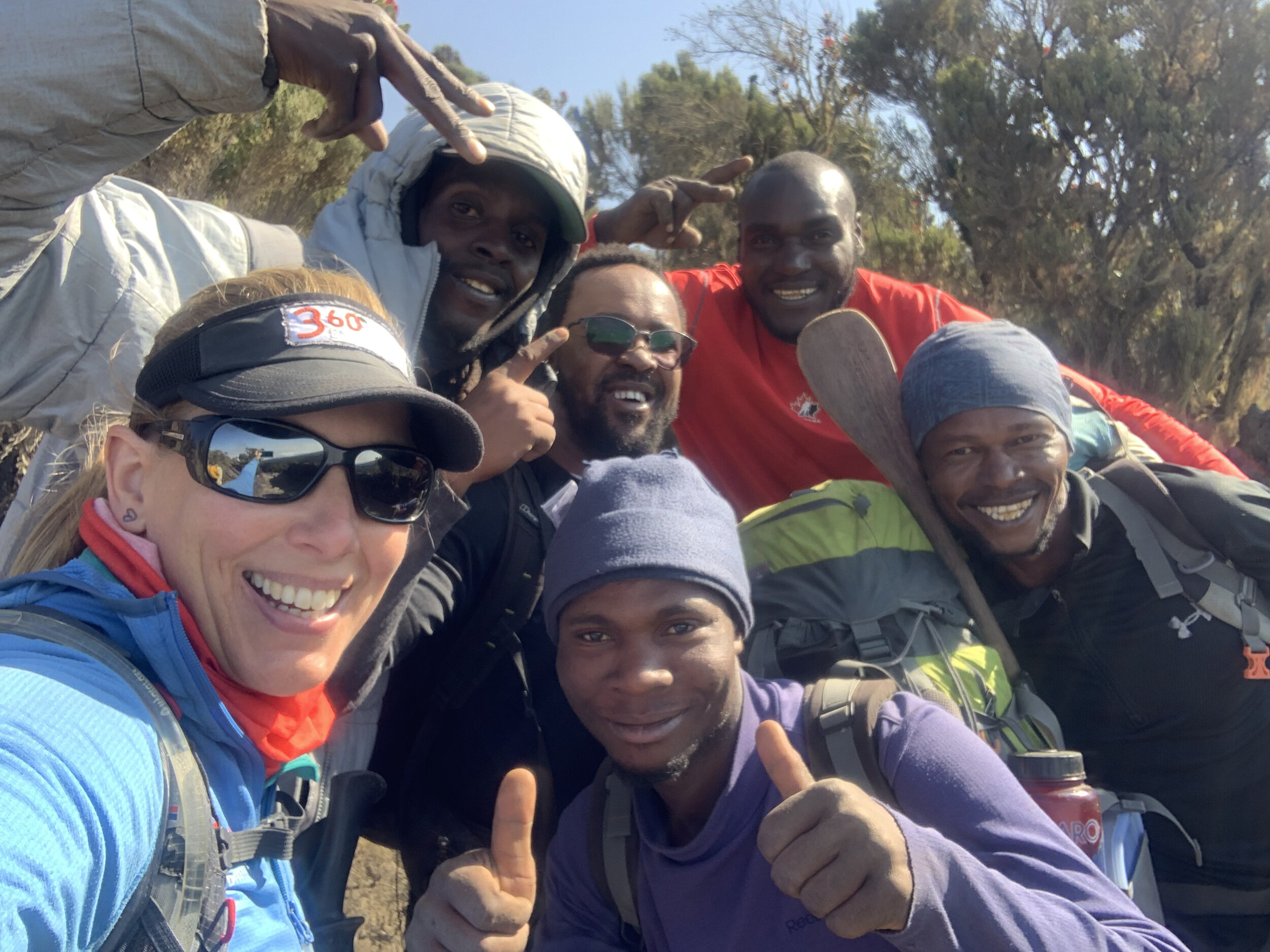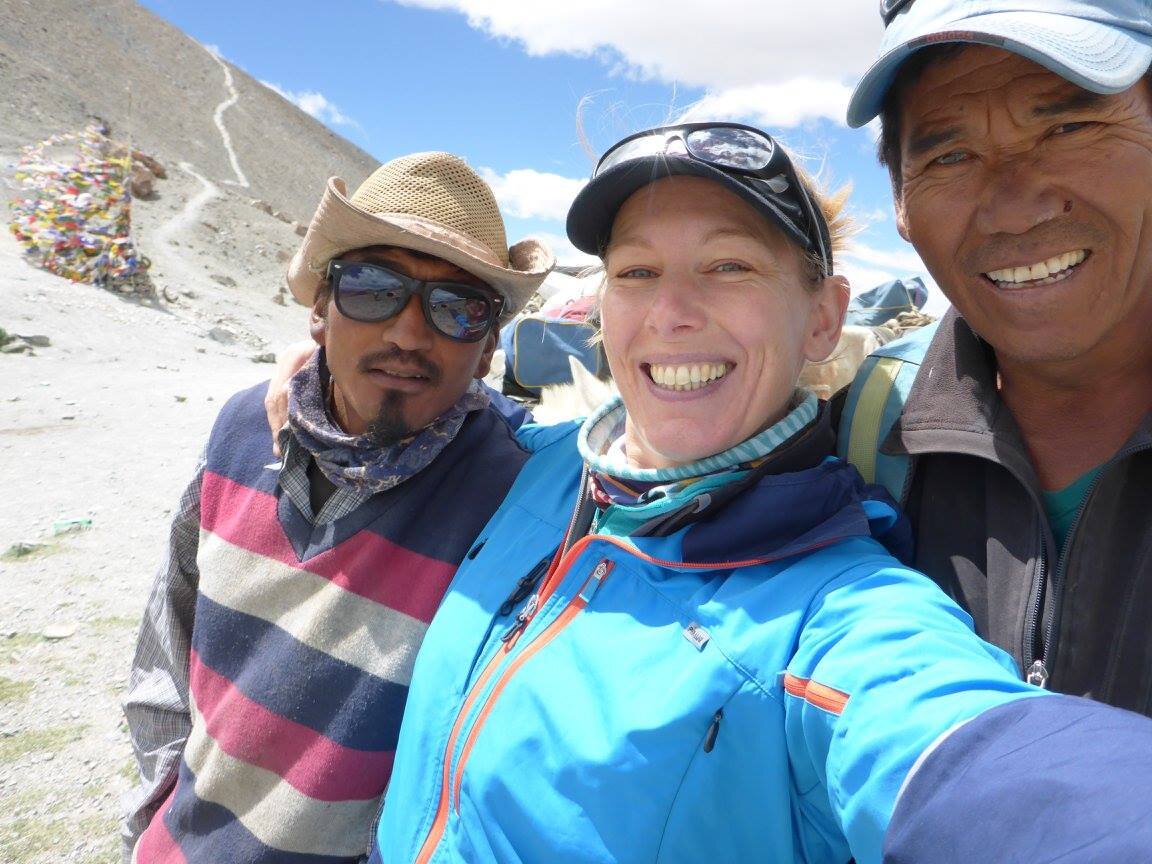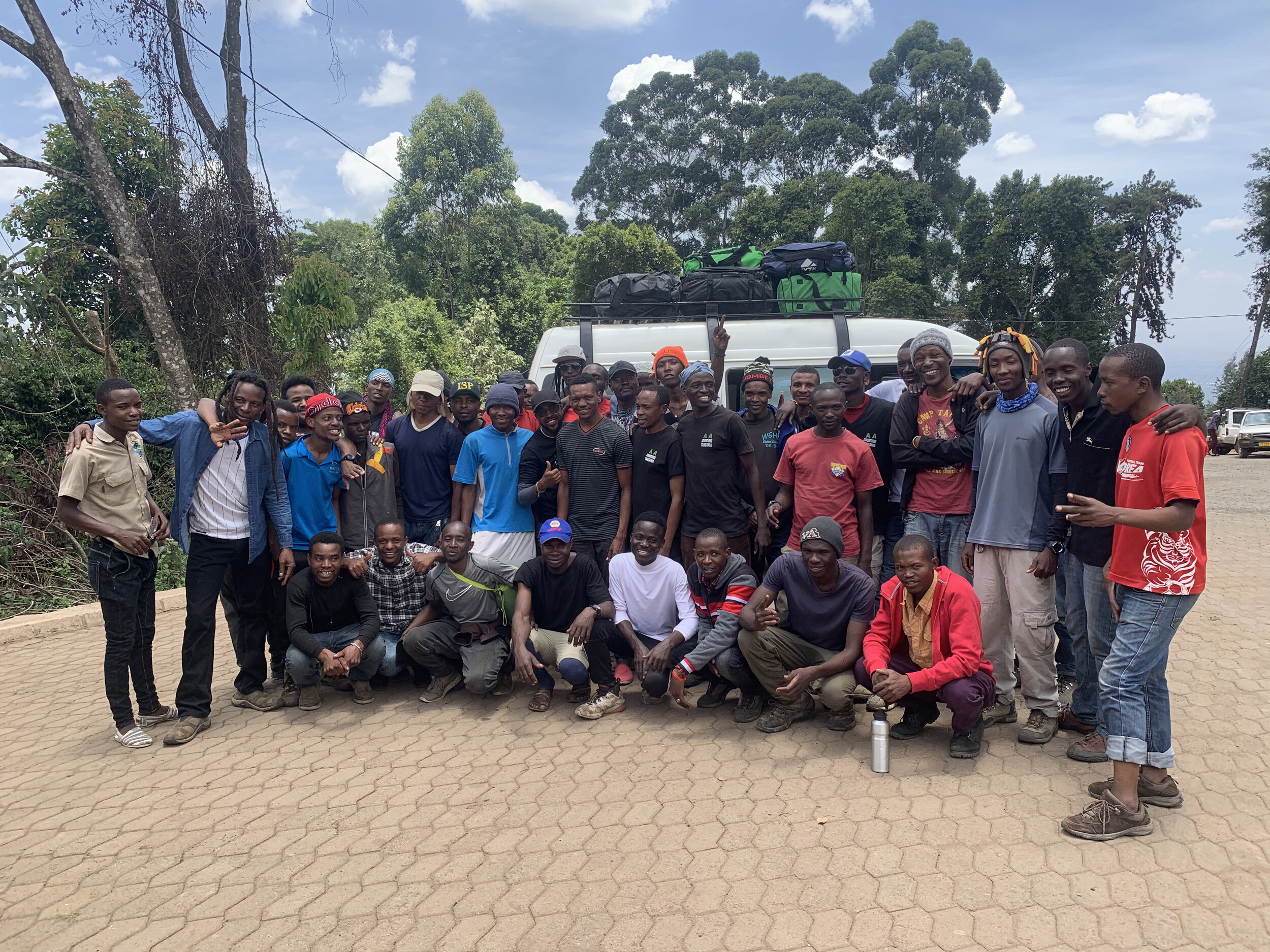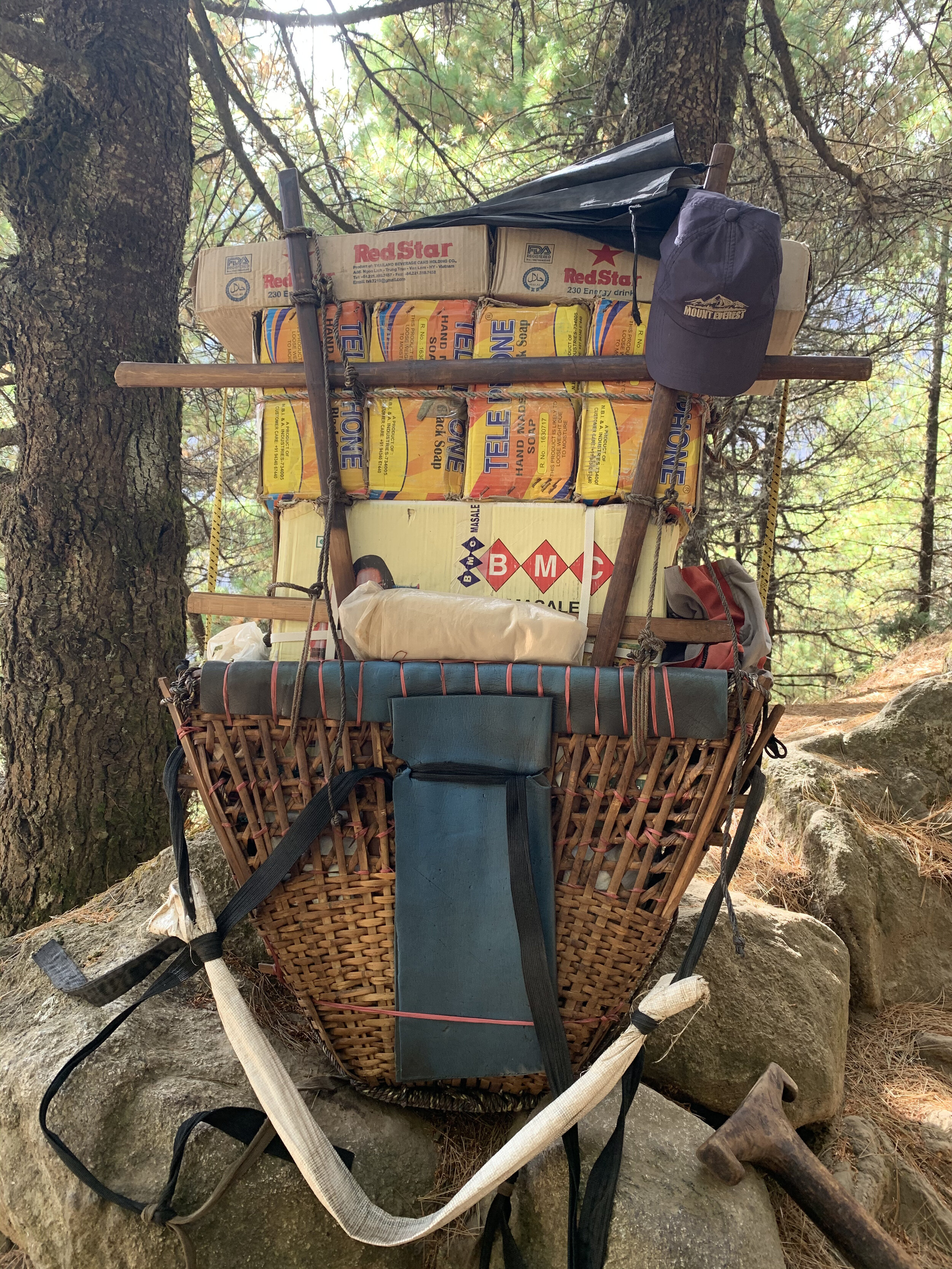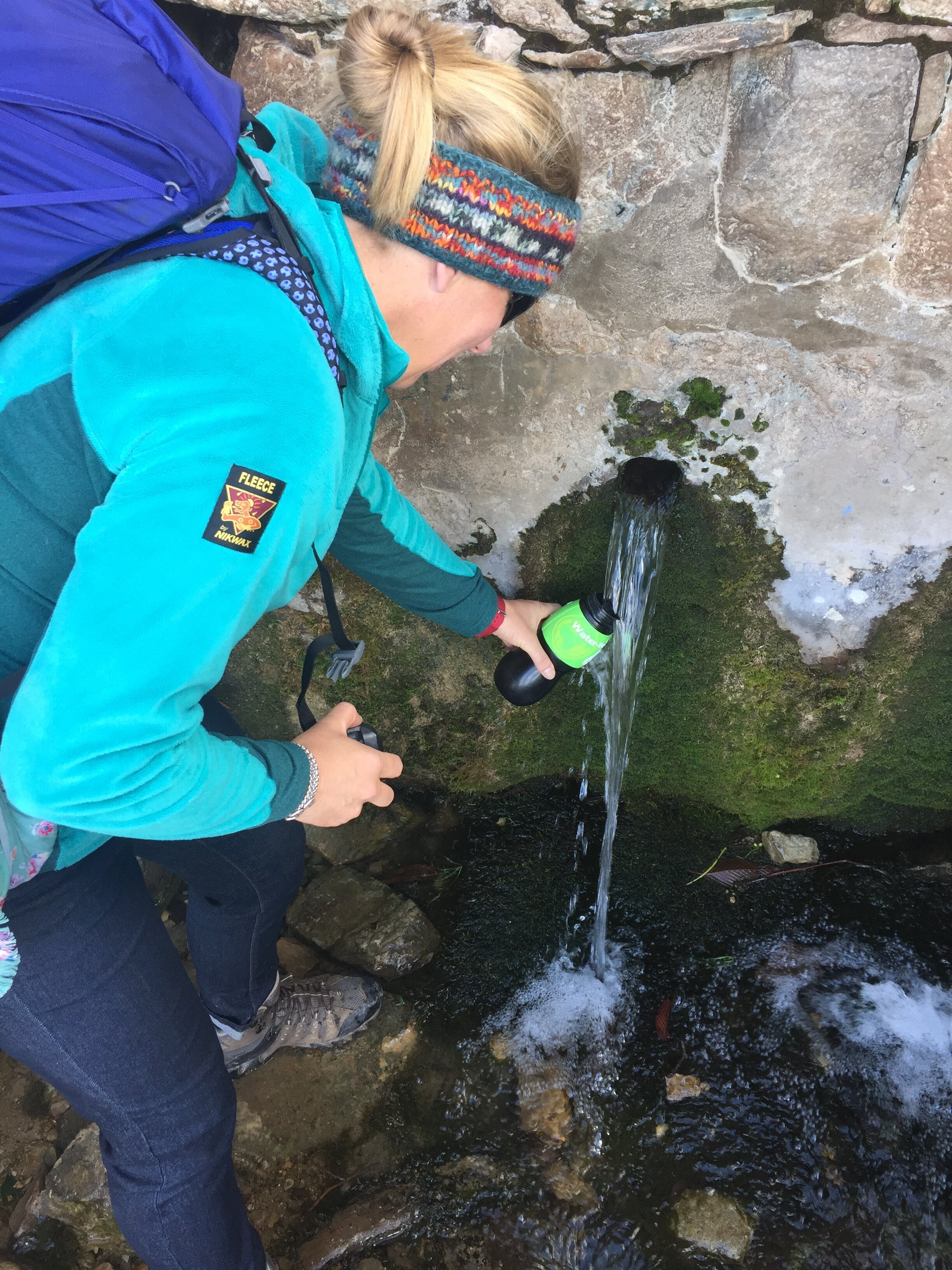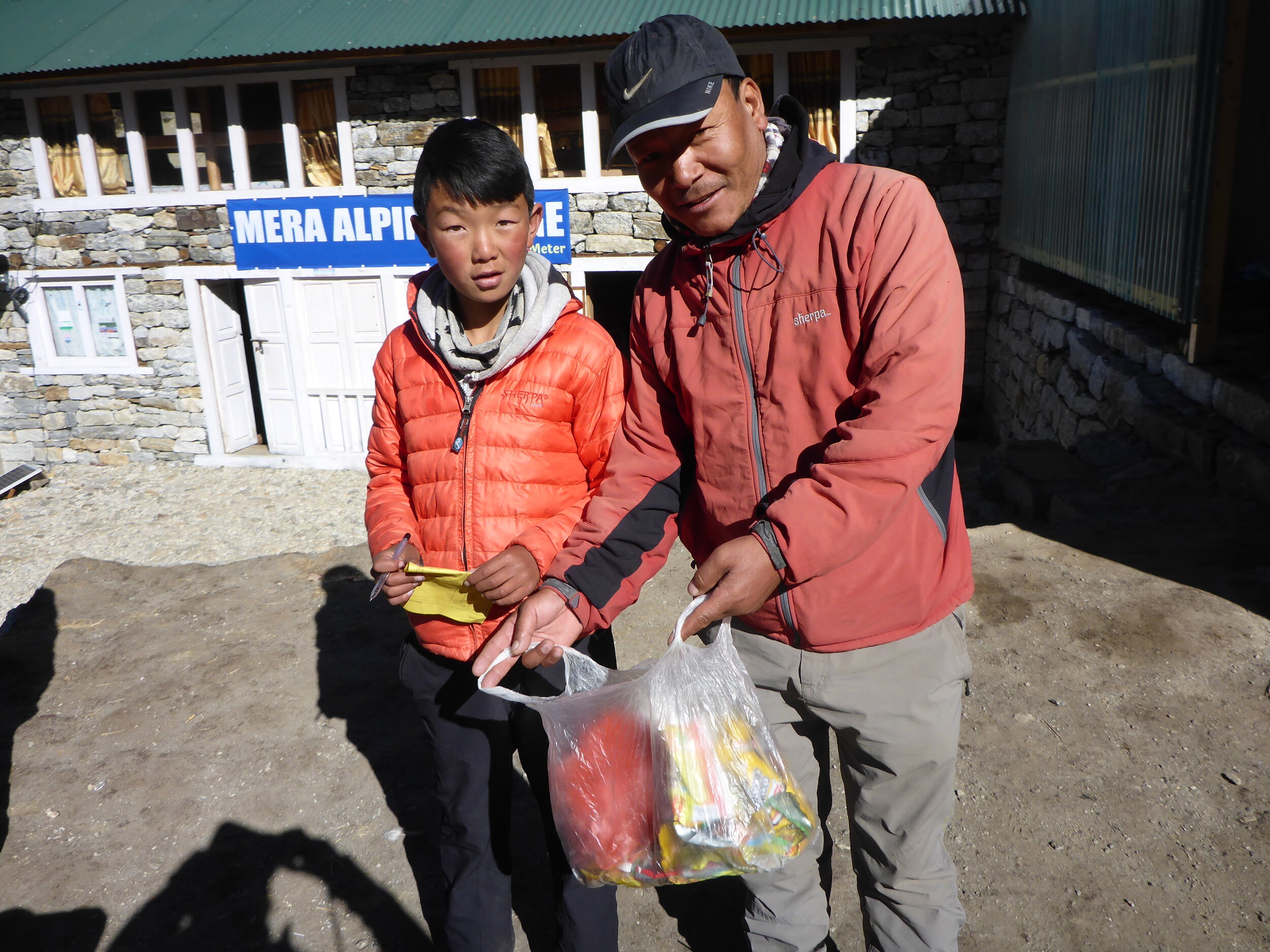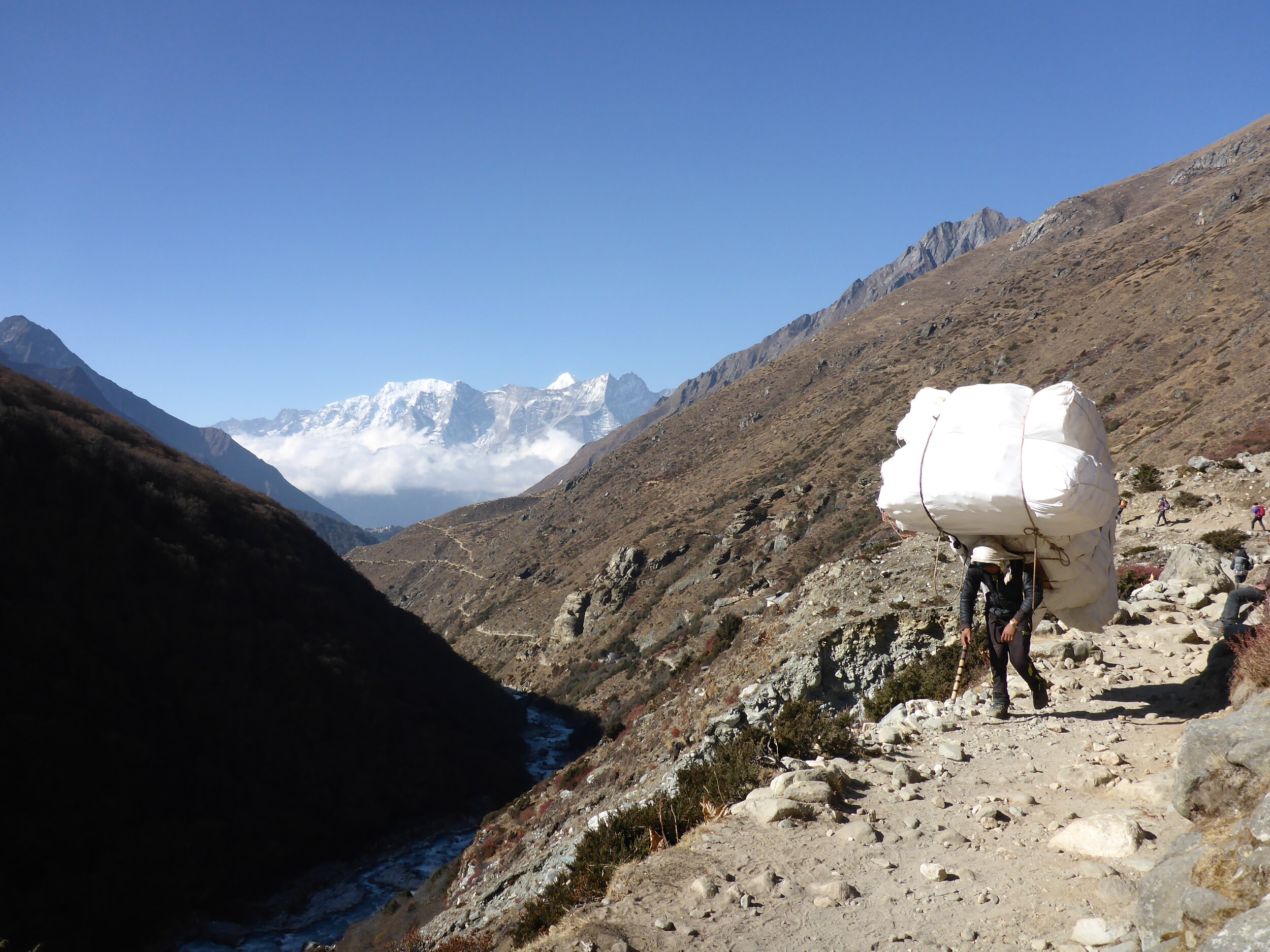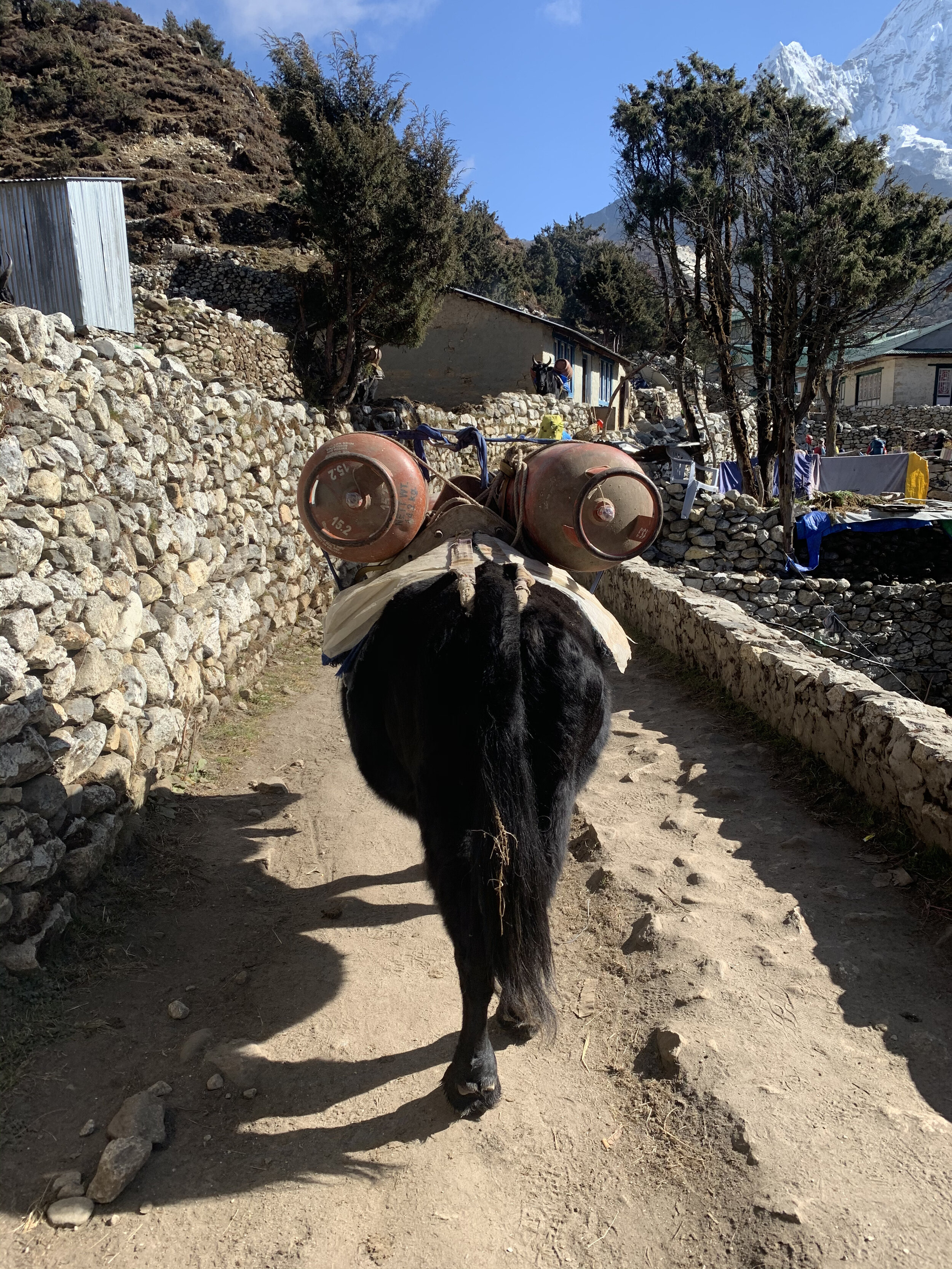Looking for an adventure? Let’s get started!
Signing on the dotted line for your adventure of a lifetime or clicking on the ‘book now’ button to take part in something new can be extremely exciting. Thoughts of adventures yet to come, of fun times on expedition in far off lands, turning dreams into reality, making new friends, the allure of a different culture and pushing yourself beyond your perceived limits. Yes please! I’ve been there many a time as a client from the first of my adventures in 2004 to the most recent at the end of 2019, Vinson in Antarctica which was the 6th of the 7th summits, and have led a few thousand clients who are in the same boat over the last 14 years but before you get too excited, there are some important things to consider.
Choosing the right company to go with, which insurance to get, what about training and kit and maybe you are fundraising too. Lots going on even before you set foot in the country of your choice but the first part is the most important and that’s research.
Here are a few pointers to get you started and hopefully get you thinking before you do hand over your hard earned cash however it is not an exhaustive list, I could be here all day writing and you here all day reading.
I’ll be concentrating on 2 of the most popular countries to visit for first time adventurers, Tanzania and Nepal, however the information below can translate to any challenge whether you are a first timer or have been adventuring for a while.
Spend some time doing your research
There is so much information on the internet so it would be fool hardy not to take the time to do some good old research before you sign on the dotted line but you need to look deeper than a fancy website. Here are some things to consider when you are comparing companies.
UK company or go local
Many first time adventurers will want the security and comfort of going with a UK tour operator for many a reason including but not restricted to UK payment, regular contact, a UK guide, ATOL protection and UK training options, however some choose to book directly with a local company for many a reason too. They may already be travelling or want a one to one or small group expedition. They may have been given the contact or have been recommended a local operator by a friend or family member, prefer to have a local guide and not pay the extra for a UK equivalent or simply prefer to go local. The majority of the below information can be considered for both.
Cost - is it too good to be true?
A budget is a budget, whether it’s one pound or a million, but for most expeditions a low budget means that the people at the end of the pay food chain, the guys and girls doing the hard graft to help you achieve your dream, are the ones that will suffer so please set your budget wisely. A low cost to you for a Kilimanjaro expedition may mean that your porters only get one meal a day or in Nepal that they are not provided with accommodation after lugging your bags up the trail. You can do your research on these aspects by simply asking the company you are hoping to choose to go with (we’ll talk about porters associations later) because how a company treats and cares for its local crew tells me a lot about how they run the company and how they will treat you too.
Low cost can also mean that your accommodation, whether a hotel or tents, is not going to be up to standard and that your food is not up to par either. Food is such a great motivator and vital as fuel to get you to your destination, and can make or break your expedition. You won’t love everything that is put in front of your however you don’t want to go hungry due to lack of sustenance.
Flights are another cost factor to consider. Does low cost mean a very long lay over en route to your destination? Will you arrive tired and cramped up or rested and raring to go? Sometimes long lay overs are unavoidable depending on your destination, but it’s something to consider. Most companies will offer a land only cost which is ideal if you want to use your air miles or are planning to stay on, go early or head off elsewhere, so you could book your own flights and you will be given a reduced price depending on the company’s flight budget on that expedition. Do remember that a tour company will usually get an understandably lower price for block bookings so the reduction in cost may not match up with a flight you may find on an internet search.
And finally on flights, do check whether your chosen tour operator is part of the ATOL protection scheme. It may not be a deal breaker for you however it’s good to know. ATOL is an expensive scheme for a company to be part of but offers both you and them with a good amount of protection if things don’t go to plan (please check out the CAA website for more information) If you do book your own flights your expedition will not benefit from ATOL protection.
What’s included and what is not?
This sits nicely below the cost/budget banner because studying this section can save you many pennies or cost you lots of pounds. This part of a company’s website is one of the first things I look at when considering a new adventure, even if I have been with the company before as each expedition is different. If you are new to adventuring or comparing companies, it’s worth checking out this part of their website in detail and if they only put what’s included, be curious and ask what isn’t even down to details such as toilet paper. On Kili it’s likely to be included (I can’t speak for all companies) however on an EBC trek, it’s unlikely to be part of the deal.
Does your trek in Nepal come with all meals included or do you have to budget for food on the trail? If the latter is the case, this can come to more than you expect as meal and snack prices rise the further up the valley you go and for a very good reason as most items are carried up on the back of a porter or via yaks. The further they walk, quite rightly the more it costs. That tube of Pringles which you think is exorbitantly priced has already had quite a journey through many hands and on the back of a porter or yak for many miles. It’s worth the cost, trust me.
If you are planning on a larger expedition in years to come particularly one that requires oxygen, please check whether this is included or if you ‘pay as you use’. You don’t want to chance your luck and skimp on something that could save your life in the hope of saving $500.
As you can see, research is important. You can get lost in the exciting itinerary and the exotic photos but it’s the nitty gritty and smaller details that you really need to be interested in. If in doubt, ask.
Sustainability ethos - responsible tourism
This can tell you a lot about how much the company cares about the destination you are going to and the wider world.
* Do they offer a carbon offsetting scheme or can they point you in the right direction?
* Practically every overseas expedition relies on a clean supply of water in countries where sterilisation is a little different to that of your home country. How are you getting this clean water? Are you given small 500ml bottles or is it poured out of large flagons which hold many litres and can be used again? Are you encouraged to use sterilisation tablets or a filter bottle rather than buying bottled water? I use a couple of Water to Go filter bottles during travel and in country in order to avoid bottled water and have avoided buying any water in single use bottles for years. Many countries that you will go to will have little or no recycling facilities in rural areas, if at all in-country and this needs to be a factor in your thoughts. In Nepal, empty bottles are carried up the valleys, they are filled from a pipe which comes out of a mountain, a sterilisation tab is popped in and they are sealed. Yes, it is valuable income for tea houses and shops however these bottles are not recycled or reused.
* Your rubbish can leave an impact on a country with little or no way to dispose or recycle it so please do think about what you are taking into a country and what you may be leaving there. Is the company you plan to go with really up on the Leave No Trace concept? What’s on their kit list and do they encourage you to take less, rather than more. Wet wipes are a big issue, especially if they are not the biodegradable kind and even if they are, they take years to break down so do you really need to use them or will a flannel work just as well or can you simply go feral for a week? Just a thought.
* Responsible tourism isn’t all about waste management, it’s also about the impact you can have on the people who work so hard for you. How long has your tour operator been working with their ground agent and local crew? Does your chosen company support their crews when you are not there? Do they have an education programme, support a children’s home, have they help set up a school or support porters to become guides? Are the in country agents who work with your chosen company part of a porters association who ensure standards are kept at a high level for those doing all of the hard work? These aspects are just as important as leave no trace.
Reviews
If you are not sure which company to go for or are trying to choose between 2 it’s always worth checking out their reviews and even popping a post up on social media. With the former, there are plenty of places that companies are reviewed from Trip Advisor to ExpedReview as well as on Facebook. If you go for the social media post, you may be inundated with replies so hold onto your hair however people are generally pretty blunt on social media so the choice is yours.
Righty ho - you’ve decided on your challenge and you’ve chosen your company. What now?
This is where the nerves will probably kick in and stay bubbling in your tummy until you’ve completed your challenge of a lifetime but before you get going you need to fill in all of the information required. Do make sure you are honest with your answers, especially on your medical form. Sure, a broken little finger when you were 5 may not have an impact on your challenge however a undisclosed medical condition most certainly will if we a - do not know about it on expedition and treat you as we see and with the information you have given us and b - if you have not declared something to your insurance company then your claim may not be paid. I’ve had a few surprises over the years where clients have not declared something important because they thought we would not let them go. In the majority of cases this is not the case, however it’s important to be honest, talk to the company as on expedition your life may be in our hands. It’s as straight forward as that.
Insurance - get some now
I was always a bit puzzled when I was chasing insurance details right up to the last minute of someone leaving for the airport. It’s not always on expedition when you need your insurance but really from when you have signed up and paid your deposit. If you have insurance as soon as you sign up but then need to cancel for a valid reason (check your policy), you may be able to claim your non refundable deposit or your final balance if it has been paid. Can you afford to lose this money for sake of a small percentage in protection?
If you are heading out on expedition to altitude it is imperative that your insurance covers you to the maximum height of your climb and do make sure you read the small print. In Nepal there have been some big scams on helicopter evacuations and insurance companies have been slammed by some unscrupulous climbers getting a ride out after a summit and claiming it as altitude sickness or an injury. This has meant that some insurance companies put a large excess on a helicopter rescue so once again, do your research.
And most definitely read the small print regarding Covid cover.
Read the FAQs
Tour operators and local companies generally put a great deal of effort into the FAQs (frequently asked questions) in order to help you to navigate your way through the finer details. Please read them and read them again. The amount of trips I have led in years gone by where I had written and sent out the expedition information to my clients to be told ‘but I wasn’t told that’ when actually they had. Yes, there is a lot of information to read and take in however it’s there for a reason, to help you.
Which ever your chosen challenge, whether it is a one day trek in the UK to a month long expedition overseas, enjoy the journey of getting there as it’s all part of the fun. The build up to your expedition is likely to be much longer than the expedition itself so make the most of this part of the journey as it will put you in good stead for what is yet to come.
In my next expedition blog I’ll go through fundraising, fitness and training as well as kit and equipment and will follow on with going on the expedition itself and then the blessed post trip blues.
** I have been leading for Discover Adventure and 360 Expeditions for many years as an Expedition Leader as well as previously in their respective offices and have also been a client of both on several occasions in the past. This blog has not been paid for by either however I know they are great!
